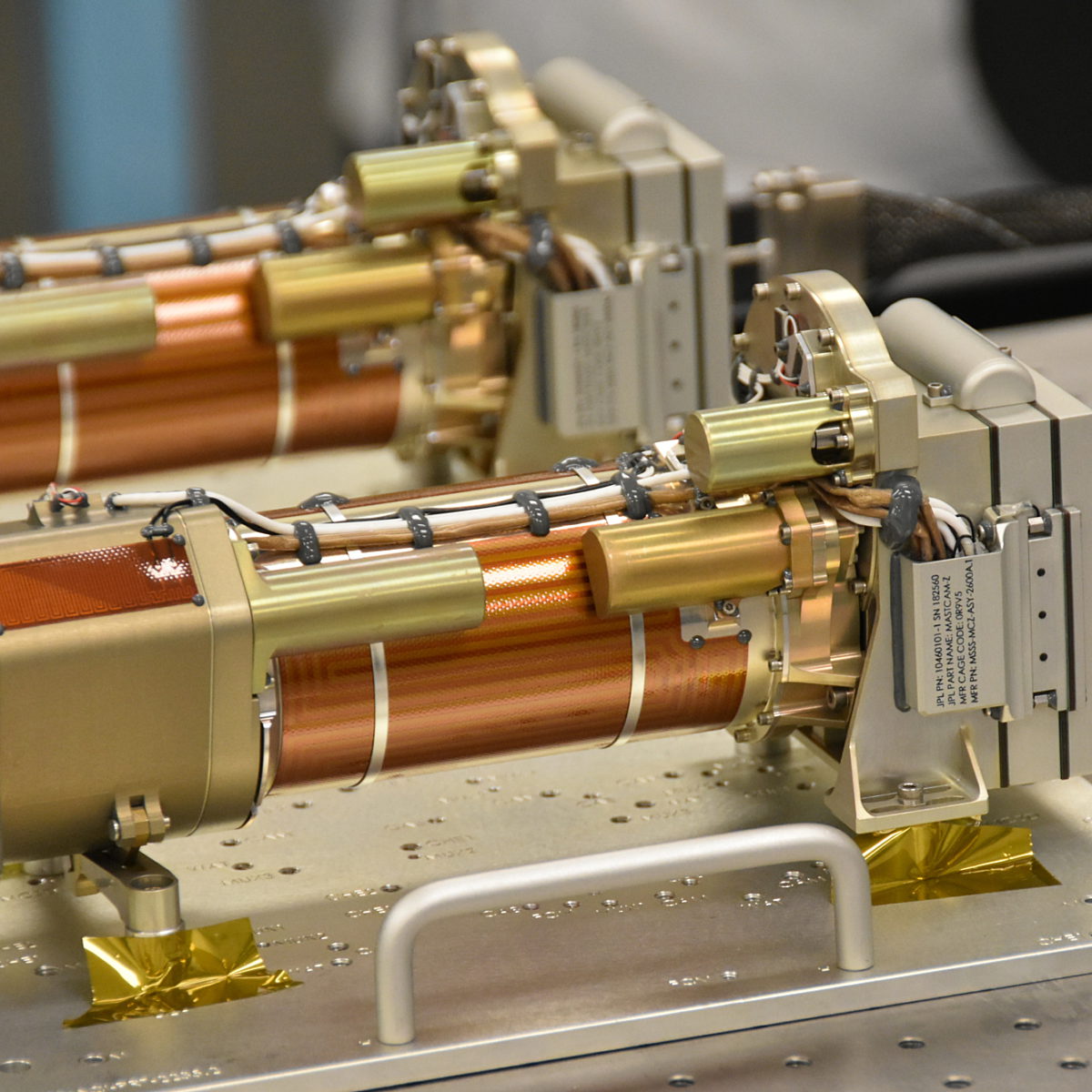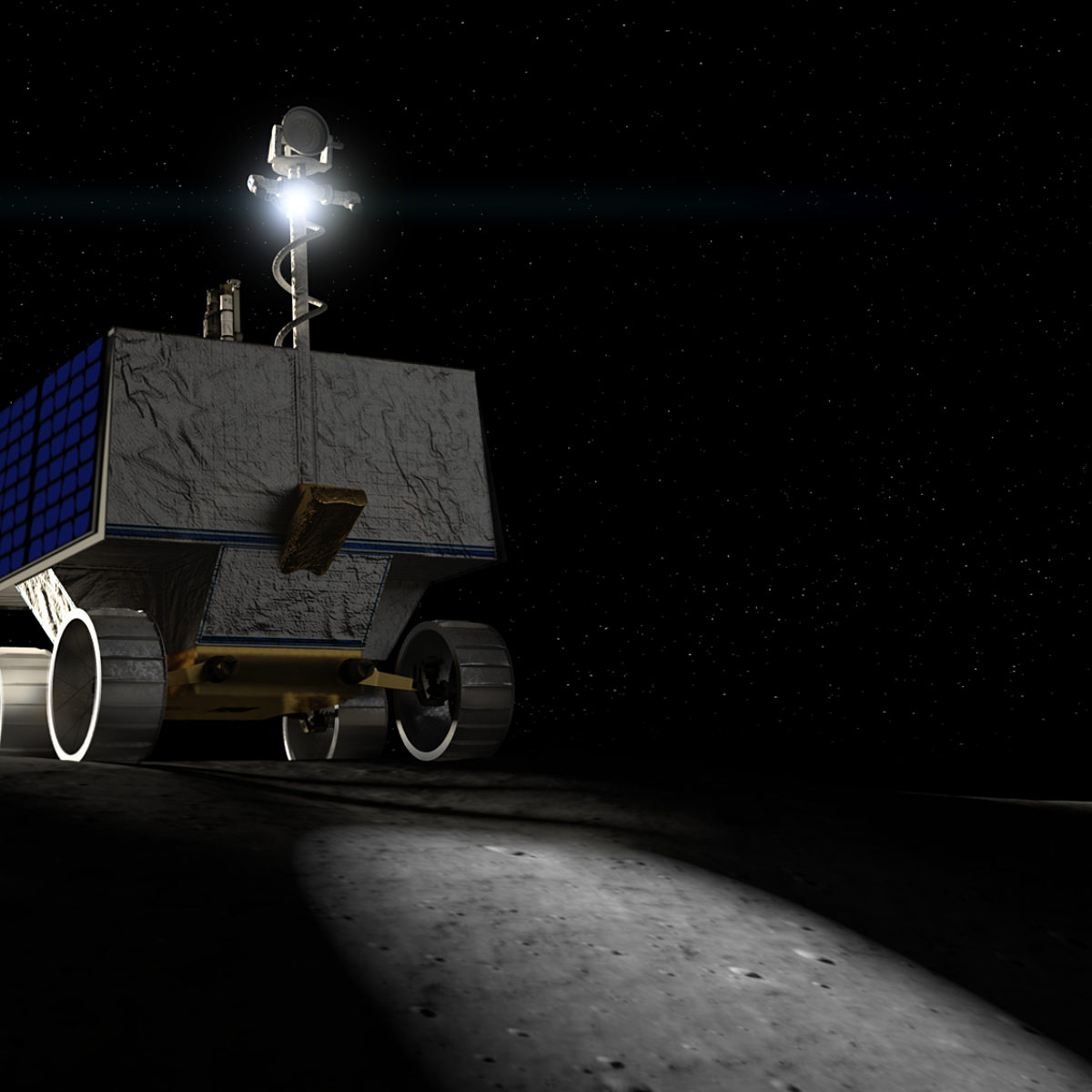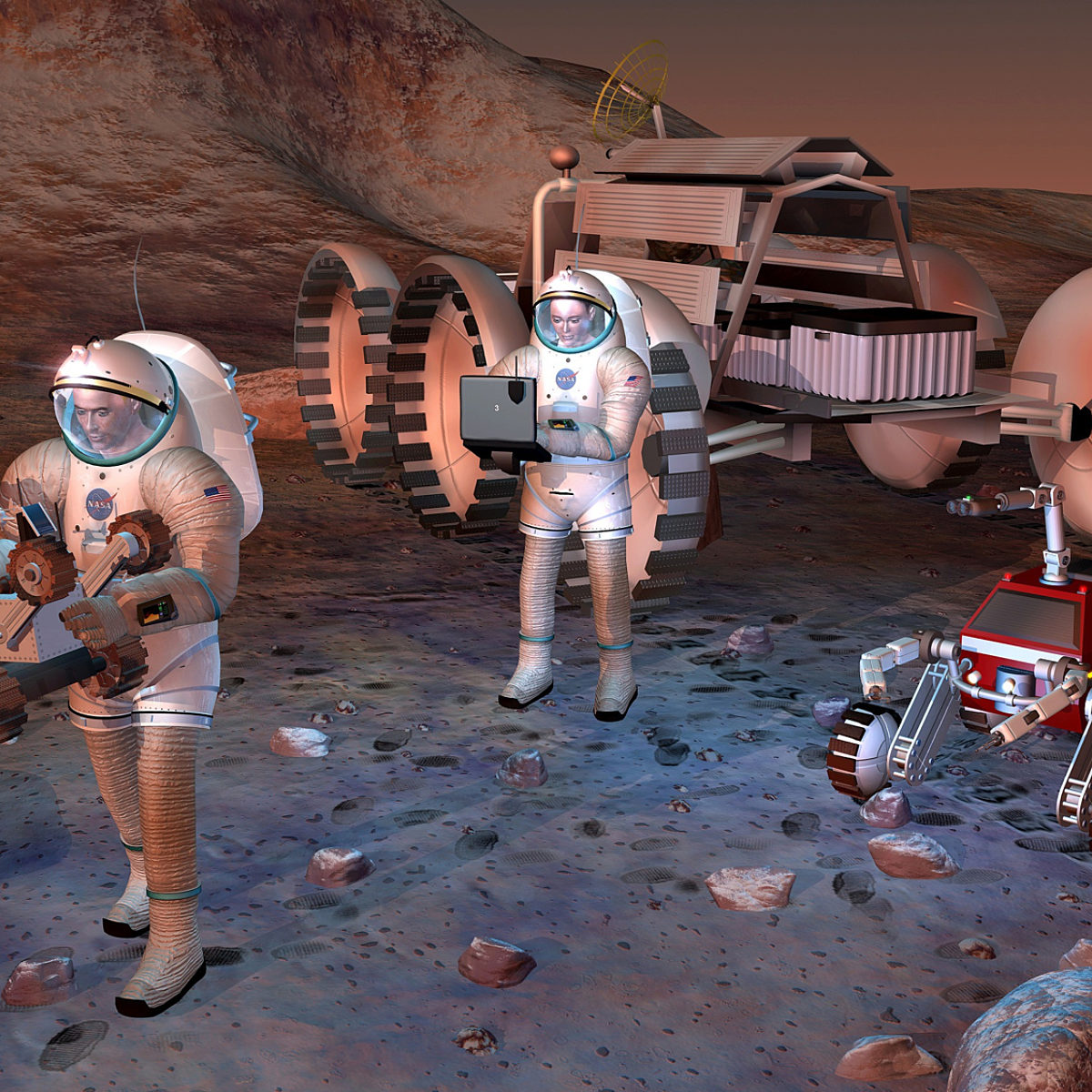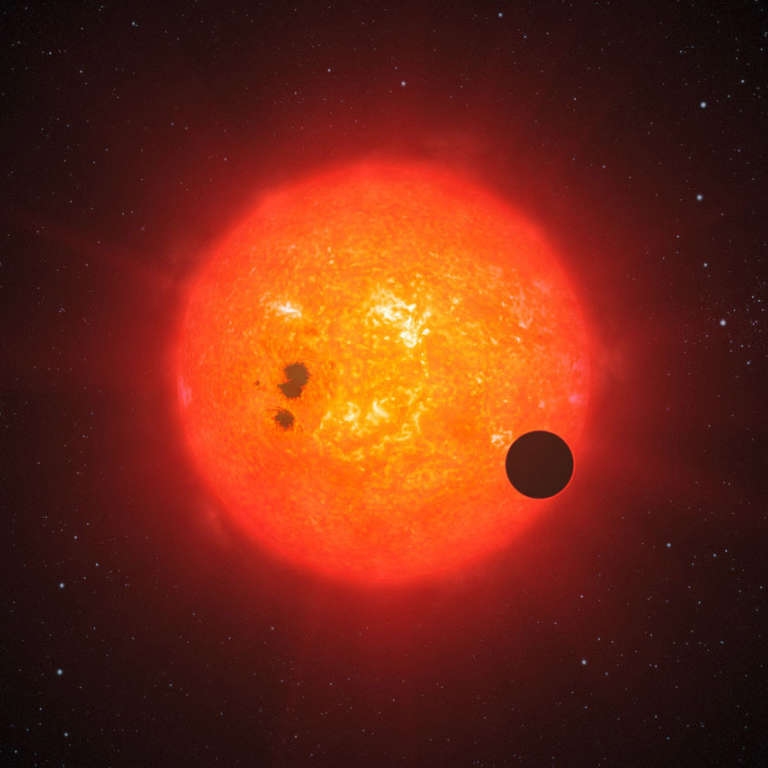Since 2002, Planetary Radio has visited with a scientist, engineer, project manager, advocate, or writer who provides a unique perspective on the quest for knowledge about our Solar System and beyond. The full show archive is available for free.
Search Planetary Radio
Creators of an outstanding new collection of poems about spaceflight and exploration join Mat Kaplan to talk about the book as Bill Nye and other notables read selections.
Planetary Society Solar System Specialist Emily Lakdawalla makes a big announcement, and shares stories from her long history with the organization.
The leader of the Mastcam-Z team talks about how the best cameras ever on the surface of Mars will help us explore a region that could once have supported life.
Six scientists give us a preview of where planetary science may be taken in the next 10 years by a new NASA decadal survey.
Leaders of the just-ended Spitzer Space Telescope mission help us celebrate sixteen years of discoveries about our solar system, exoplanets and galaxies nearly as old as the universe itself.
Host Mat Kaplan and Planetary Society solar system specialist Emily Lakdawalla go inside NASA’s Jet Propulsion Laboratory clean room to see the Mars 2020 rover.
Planetary Society experts Jason Davis, Casey Dreier and Emily Lakdawalla join host Mat Kaplan to recap the big space moments of 2019 and explore what's ahead in 2020.
Chris Carberry traces the history and future of alcohol in space through his new book.
Looking for the perfect space book or gift for your favorite space fans? We’ve got the lists.
The biannual Starship Congress attracts starry-eyed believers in humankind’s destiny among the stars. We talk with several of them about their ideas for technologies and science that may help pave the way. Science fiction author David Brin dropped by the Congress and spends a few fun and speculative minutes with us. The September Equinox edition of The Planetary Report is ready for all to read. Editor Emily Lakdawalla gives us a sneak peek. The Milky Way has at least 54 satellite galaxies? Who knew? Bruce Betts, that’s who.
Astrobotic is one of several companies that are building small, robotic landers to take commercial payloads to the surface of the Moon. With a new contract from NASA to support his company’s work, CEO John Thornton looks forward to touching down in 2021. Senior editor Emily Lakdawalla can’t wait for the Europa Clipper to reach Europa, one of Jupiter’s ocean moons. Who doesn’t want more cow bell? Chief scientist Bruce Betts gets his share as he helps us explore the current night sky in What’s Up.
This year’s Humans to Mars Summit in Washington D.C., once again ended with a panel of Martian all-stars talking about their hopes for a future that includes the Red Planet. Planetary Radio host Mat Kaplan leads the inspiring and entertaining discussion.
There appear to be more mini-Neptunes (also known as Super Earths) across our galaxy than any other type of planet. Hannah Wakeford wants to learn if some of them support life, and she’s doing this by exploring their skies.
The Los Angeles celebration of Yuri’s Night came six days early this year. It attracted hundreds of space party animals, along with celebrities like Bill Nye and Story Musgrave. Host Mat Kaplan talked with both under the wing of space shuttle Endeavour.
A very special, extended conversation with Johns Hopkins University planetary scientist Sarah Hörst is capped by a tour of her fascinating lab. That’s where Sarah and her team simulate decidedly un-Earthlike atmospheres and more. Emily Lakdawalla has returned from this year’s Lunar and Planetary Science Conference with news from around the solar system. Caffeine! It’s on Saturn’s moon Titan AND in the espresso made on the International Space Station! More about the latter in What’s Up.
With missions like Chang’e 4 on the far side of the Moon, China has firmly established itself as a leader in space exploration. Space journalist Andrew Jones helps us explore the nation’s ambitious near and long-term plans.
The Mars Exploration Rover mission was declared complete on February 13, 2019. On the very next day, MER Project Manager John Callas and Deputy Project Scientist Abigail Fraeman came to Planetary Society headquarters for an extended and emotional conversation with Mat Kaplan and Emily Lakdawalla.
Radio telescopes are delivering stunning images that, in some cases, current optical telescopes can’t equal. Witness the 20 beautiful protoplanetary disks imaged by the DSHARP team using the ALMA radio telescope in Chile.
Why did the dinosaurs die? They didn’t have a space program! The upcoming DART mission will test our best thinking about how we may someday deflect a Near Earth Object that is speeding toward fiery Armageddon on Earth. Nancy Chabot of the JHU Applied Physics Lab is the mission’s Coordination Lead.
Astrobiology is the discipline that explores the origin of life in the universe, and whether life exists anywhere other than Earth. It’s an increasingly exciting field according to University of Washington Research Associate Michael Wong. Mike reviews the current thinking and provides some of the chemical basis for life as we know it, and possibly as we don’t know it.


 Explore Worlds
Explore Worlds Find Life
Find Life Defend Earth
Defend Earth




















